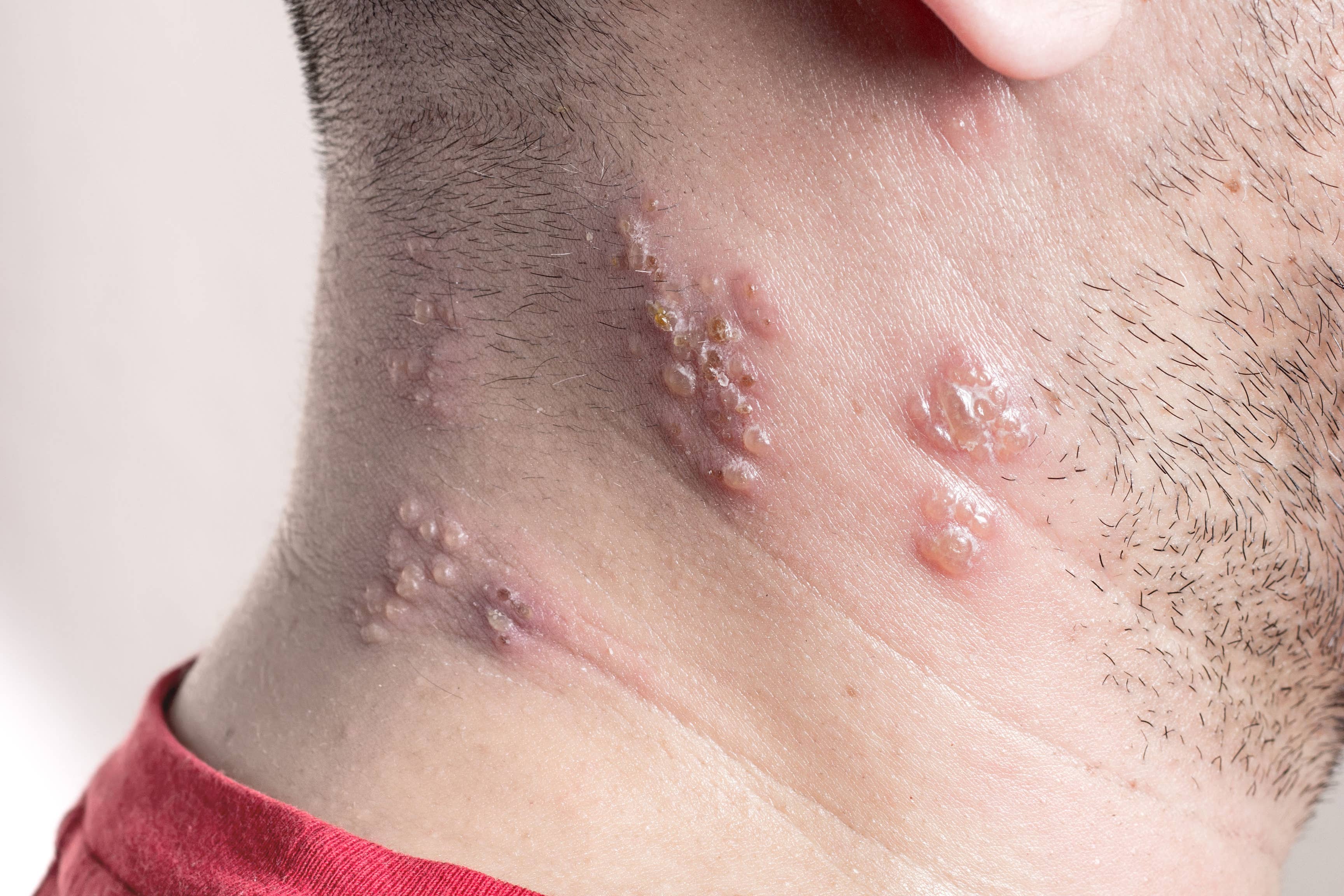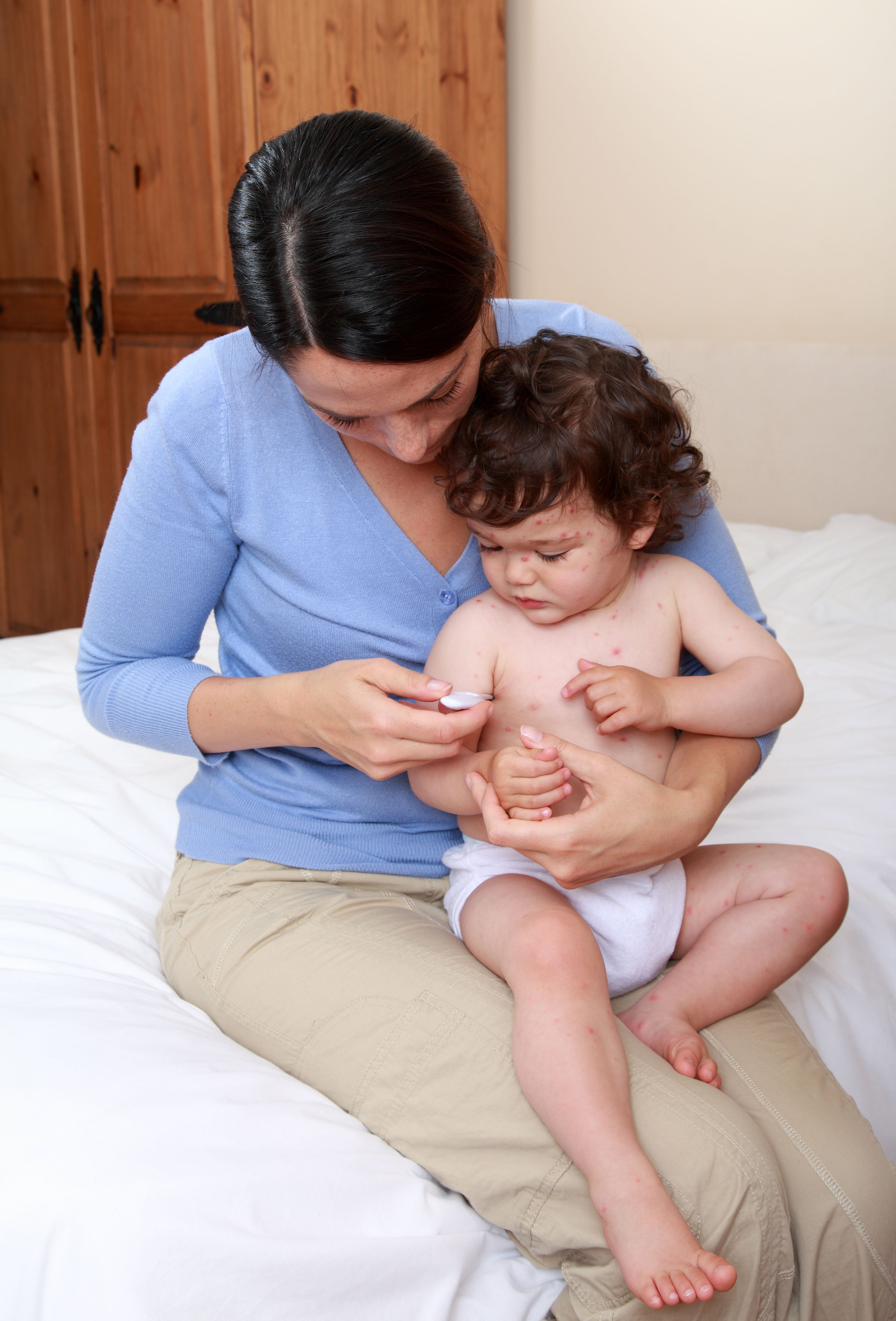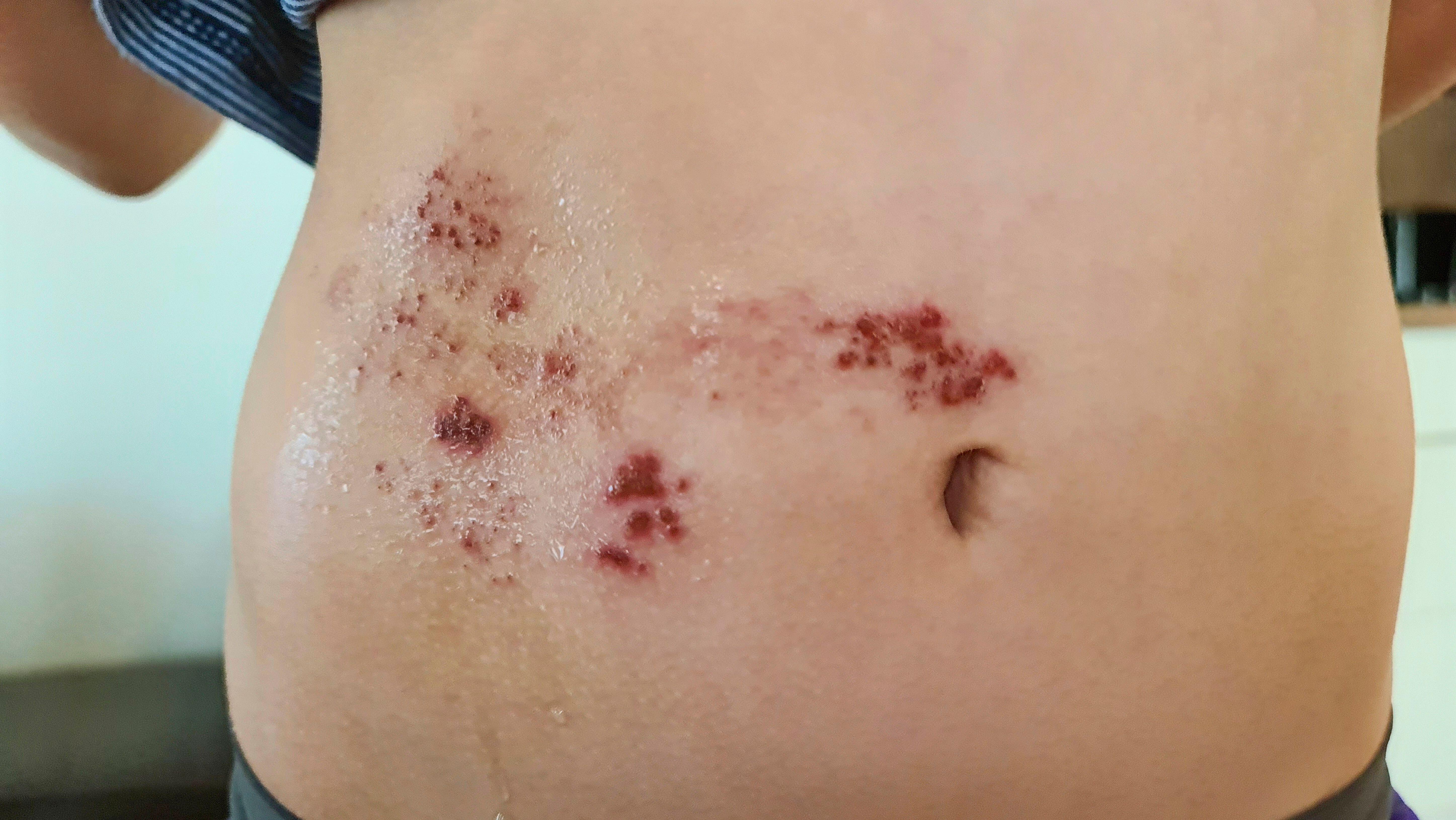NHS shingles vaccine could halt dementia – how does it work?
The findings show the Shingrix vaccine is linked to at least a 17% drop in dementia diagnoses

The shingles vaccine could decrease risk of dementia by 17%, a new study suggests.
University of Oxford researchers found that the Shingrix vaccine is linked to a “significantly” lower risk of dementia in the six years after vaccination than the previously-used Zostavax jab, following a study on more than 200,000 people.
The finding – which experts say is “convincing” – shows the Shingrix vaccine is linked to at least a 17% drop in dementia diagnoses.
University of Oxford researchers said this equates to five to nine more months of life without dementia for those given the Shingrix jab compared with other vaccines.
Both men and women benefited from the newer jab, but the effects were greater in women, the study found.
Shingles occurs most often as people get older and is more likely to cause serious problems in older age groups.
Dr Maxime Taquet, academic clinical lecturer in the department of psychiatry at Oxford, who led the study on more than 200,000 people, said: “The size and nature of this study makes these findings convincing and should motivate further research.
“They support the hypothesis that vaccination against shingles might prevent dementia.
“If validated in clinical trials, these findings could have significant implications for older adults, health services and public health.”

Dr Taquet said the team’s interpretation of the data is that the jab works to delay dementia rather than prevent it altogether, although more work is needed.
On the NHS, people are offered two doses of Shingrix when they turn 65, as long as their birthday was on or after September 1 2023.
Those who turned 65 before this date are eligible for the shingles vaccine when they become 70, while all people aged 70 to 79 are also eligible.
People aged 50 and over with a severely weakened immune system are offered a vaccine.
Evidence shows Shingrix, made by GlaxoSmithKline (GSK), can provide at least a decade of protection against shingles after the first jab.
For the new study, published in the journal Nature Medicine, researchers wanted to use emerging but limited evidence that the previous vaccine, Zostavax, might also protect against dementia.
In the US, Zostavax was replaced by Shingrix in October 2017, giving a good opportunity to compare the two vaccines.
Researchers looked at people’s risk of dementia in the six years following the introduction of Shingrix and compared them with otherwise similar people who had received Zostavax.
Some 103,837 people were in each group.
Shingrix was also compared with people who had received vaccines against other infections (flu and tetanus, diphtheria and pertussis).
The results showed Shingrix was associated with a 17% lower risk of dementia than Zostavax, and 23%-27% less than with the other vaccines.
There was more benefit in women than men, with women enjoying 22% versus 13% more time lived without a diagnosis of dementia.
Dr Sheona Scales, director of research at Alzhei
The UK Health Security Agency (UKHSA) no longer supplies Zostavax but there may still be a small number of doses in GP surgeries for use.
What exactly is shingles and how does the vaccine work?
What is shingles?
“Shingles, also known as herpes zoster, is a viral infection characterised by a painful, vesicular rash,” says Carolina Goncalves, superintendent pharmacist at Pharmica.
It is caused by the reactivation of the varicella zoster virus, the same virus that causes chickenpox, according to the NHS.

“After a person gets chickenpox, the virus stays dormant inside the body for life, not causing any problems or symptoms,” explains Dr Sasha Dhoat, consultant dermatologist at Stratum Clinics. “But our immune system naturally weakens over time as we age, with illness, stress or immunosuppressant medications, which may allow the usually inactive virus to reactivate, causing shingles along a nerve strip, hence only one side of the body.”
What are the symptoms?
The first signs of shingles are a tingling, burning sensation, sensitivity to touch, or painful feeling in an area of skin, explains Dhoat.
“This is often accompanied by headache or feeling generally unwell. A few days later, the classic single stripe of blisters that wraps around the left side or the right side of your torso usually appears, but can occur anywhere on the body including the face,” says Dhoat.

Marian Nicholson MBE, director of the Shingles Support Society, adds: “If you develop some weird nerve sensations on your body, usually face or ribs, and looking back on it you can’t think of any good reason for it, then it could well be the beginning of a shingles outbreak.
“Sometimes the nerve sensations are pretty mild and rarely cause any irritations, but in other people these pains are absolutely intolerable.”
Who is most at risk?
As we age, the likelihood of developing shingles increases.
“Individuals at higher risk of developing shingles include older adults, particularly those over 50, due to the natural decline in immune function known as immunosenescence, which facilitates the reactivation of the varicella zoster virus,” explains Goncalves.
“Immunocompromised individuals are also at elevated risk, including those with medical conditions such as HIV/AIDS, leukaemia, lymphoma and other cancers. Physical or emotional stress and trauma to the area of the affected nerve can also precipitate an outbreak.”

Nicholson adds: “Other trigger factors for developing shingles are the same as all the usual ill-health causes, such as being ultra-tired, ultra-stressed and in bad health for one reason or another.”
Can there be complications?
The most common complication the virus can trigger is post-herpetic neuralgia.
“Post-herpetic neuralgia is a persistent pain lasting for around 90 days after the rash and blisters heal,” explains Goncalves. “Shingles can also cause scarring and pigmentation changes on the skin as the reactivated varicella zoster virus damages skin cells, leading to intense inflammation and blistering.
“Lastly, superinfection of skin lesions can occur as a result of shingles due to the blisters breaking open, creating a pathway for bacteria to enter and infect the damaged skin.”
When should you see a doctor?

It’s important to seek advice, especially if symptoms are severe or you may be more at risk of complications, and the sooner you get medication, the better.
“You should see a doctor if the pain and rash occur near an eye, if you are 50 or older, if you or someone in your family has a weakened immune system (e.g. cancer or chronic illness), or the rash is widespread and painful,” advises Dhoat. “If you are not sure, call 111 for advice.”
What treatments are available?
There is no definitive cure for shingles but oral antivirals are often prescribed by GPs.
“Early treatment with prescription oral antivirals, such as Aciclovir, may reduce the infection period and lessen the chance of any complications arising,” says Dhoat. “These are best taken within three days on onset of symptoms.”
Paracetamol can help ease pain, if suitable, and keeping a rash clean is also important to prevent infections.
How does the vaccine work?
To lower the risk of shingles, the Shingrix vaccine is available on the NHS for certain groups.
“Shingrix prevents shingles by boosting the immune system’s ability to fight the varicella zoster virus,” explains Goncalves. “It uses a viral protein and an adjuvant to stimulate the production of antibodies and T-cells, which help prevent the virus from reactivating, thereby reducing the likelihood of developing shingles or associated complications.”
Nicholson adds: “It is a two-dose vaccine, several months apart, and GPs are delivering it to people who reach 65 and people in their 70s [who’ve not previously had it]. Anyone who is over 50 is allowed to buy it for themselves at their local chemist.”
Talk to your doctor if you are concerned.
Subscribe to Independent Premium to bookmark this article
Want to bookmark your favourite articles and stories to read or reference later? Start your Independent Premium subscription today.
